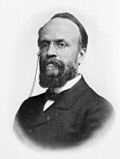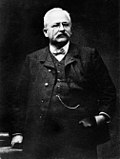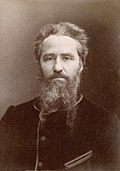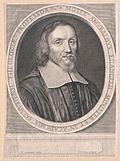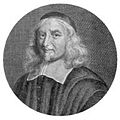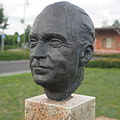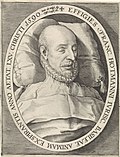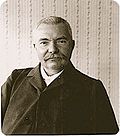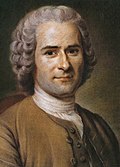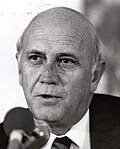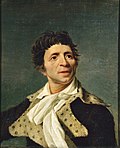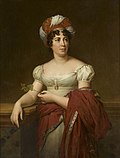Architects
- Salomon de Brosse (1571–1626), French architect. [1]
- Isaac de Caus (1590–1648), architect, garden designer. [2]
- Samuel Fortrey (1622–1681), architect, designer of Kew Palace, descendant of de La Forteries. [2]
- James Gandon (1742–1823), Anglo-Irish Georgian architect. [3]
- Benjamin Henry Latrobe (1764–1820), British-born architect of the United States Capitol. [4]
- Le Corbusier (1887–1965), architect, occultist with Huguenot ancestry. [5] [6] [7] [8]

- Richard Leplastrier (1939–), Australian architect. [9]
- Gabriel Manigault (1758–1809), American architect, descendant of Pierre Manigault from La Rochelle. [10]
- Daniel Marot (1661–1752), architect and furniture designer, ancestor of actress Audrey Hepburn. [11] [12]
- Gottfried Semper (1803–1879), German architect, art critic. [13]
- Samuel Sanders Teulon (1812–1873), British Victorian Architect.
- John E. Tourtellotte (1869–1939), American architect.





